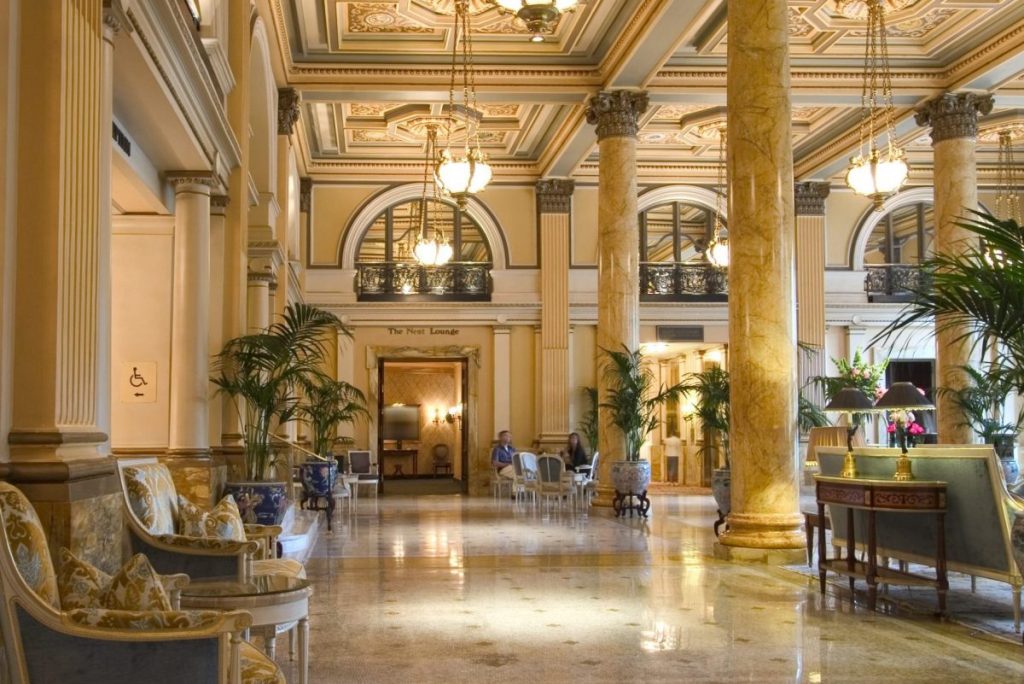Michelin, known for its prestigious restaurant ratings, is rolling out a new hotel rating system that evaluates hotels based on factors beyond just basic amenities. The company has already awarded 24 French hotels with its highest rating, “Three Keys,” signifying extraordinary establishments. In total, 189 French hotels have received the new honors, with plans to reveal the top luxury hotels in the United States later this month. Michelin’s new system focuses on restaurants, design, and service, with each key symbolizing a different level of quality – one for special, two for exceptional, and three for extraordinary.
Spirit Airlines has made two significant changes to improve its balance sheet. The airline reached a deal with Airbus to delay deliveries of some new jets by five years, resulting in an expected improvement of $340 million in liquidity over the next two years. Additionally, Spirit is planning to furlough around 260 pilots starting on September 1, a decision attributed to the deferral of aircraft deliveries and the grounding of some jets due to engine issues. These changes are part of Spirit’s strategy to enhance its financial position and navigate the challenges brought about by the ongoing pandemic.
In the short-term rental market in Europe, platforms like Airbnb, Expedia, Tripadvisor, and Booking saw a 14% increase in stays in 2023 compared to the previous year. These platforms sold approximately 678 million nights in short-term rentals across Europe in 2023, with a notable 23% year-over-year increase in the fourth quarter alone. Every country in Europe, except for Liechtenstein, experienced growth in short-term rental stays, showcasing the popularity of this accommodation option in the region. This growth indicates a shift towards alternative lodging options and highlights the increasing demand for short-term rentals in Europe.
The evolving landscape of the hospitality industry, as seen through Michelin’s new hotel rating system and the increase in short-term rental stays in Europe, highlights the importance of quality service and unique experiences to attract guests. Michelin’s updated evaluation criteria emphasize the significance of restaurants, design, and service in defining a hotel’s excellence. Meanwhile, the surge in short-term rental nights sold across Europe underscores the preference for alternative accommodation options and the growing popularity of platforms like Airbnb and Booking for travelers seeking unique and flexible lodging options.
As Spirit Airlines implements changes to bolster its financial position, including delaying aircraft deliveries and furloughing pilots, the airline industry continues to navigate the challenges posed by the pandemic. These adjustments reflect the ongoing efforts of airlines to optimize operations, reduce costs, and ensure sustainability in the current uncertain environment. The strategic decisions made by airlines like Spirit demonstrate a proactive approach to addressing financial challenges and adapting to the evolving dynamics of the travel industry in response to external pressures and market conditions.
Overall, the trends observed in the hospitality and airline sectors underscore the resilience and adaptability of companies in the face of unprecedented disruptions. The shift towards innovative rating systems, like Michelin’s new hotel rating system, and the increasing popularity of alternative lodging options reflect the changing preferences and expectations of modern travelers. By embracing technology, operational efficiencies, and strategic partnerships, companies in these sectors can position themselves for long-term success and overcome the challenges posed by the shifting landscape of the travel industry.















